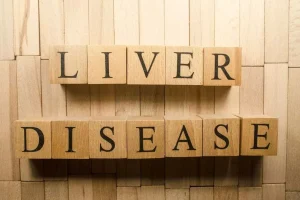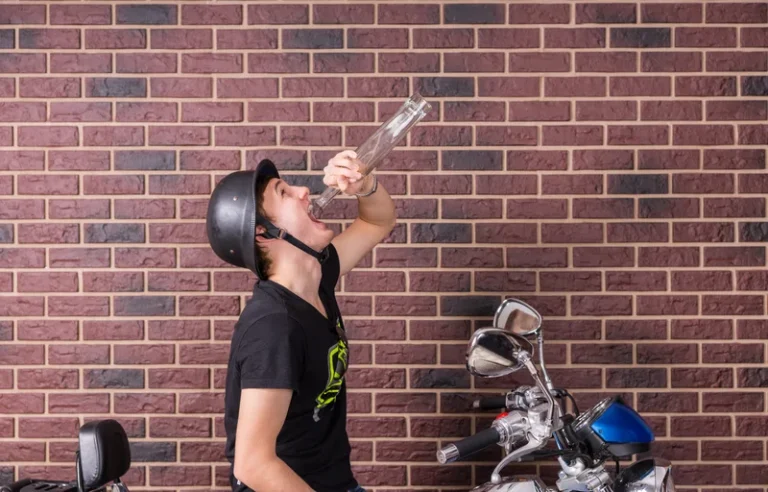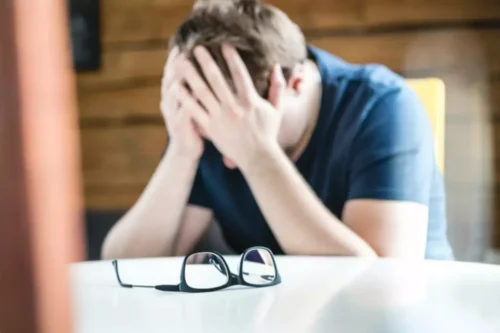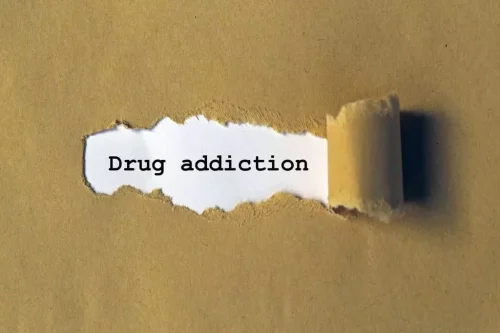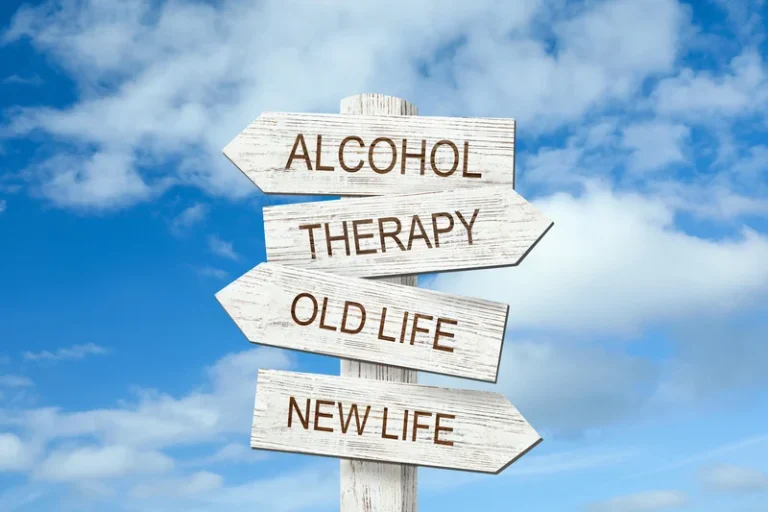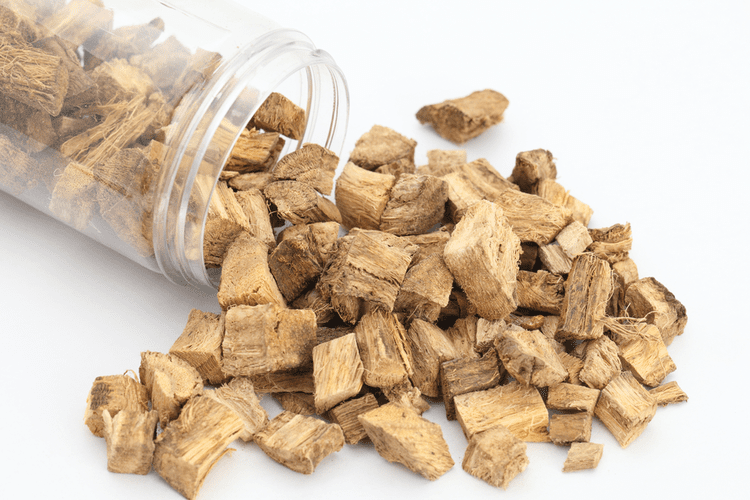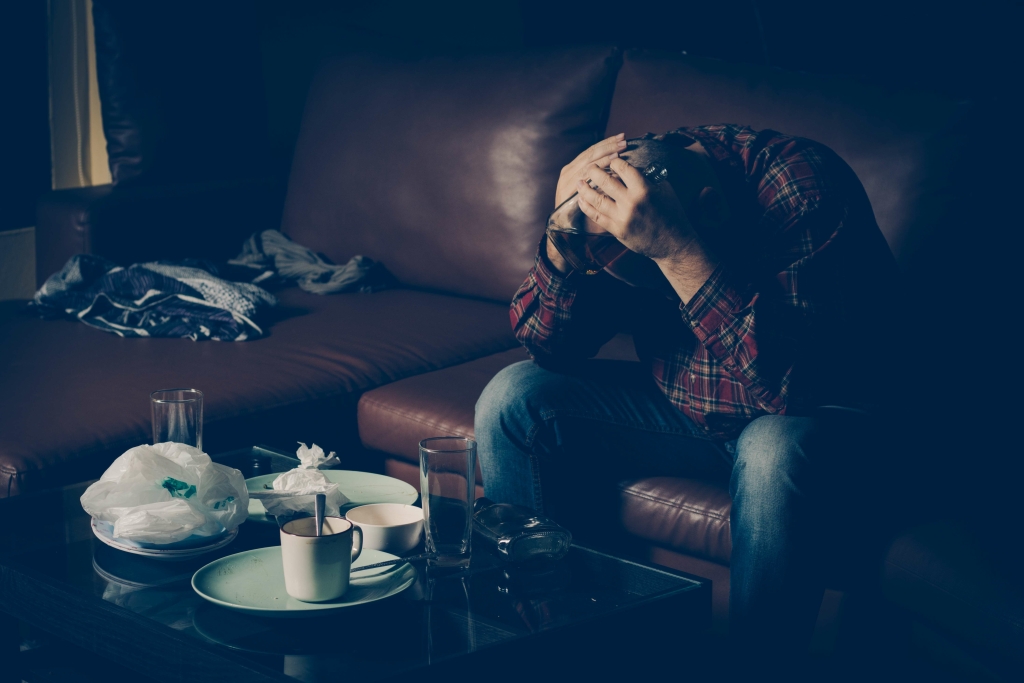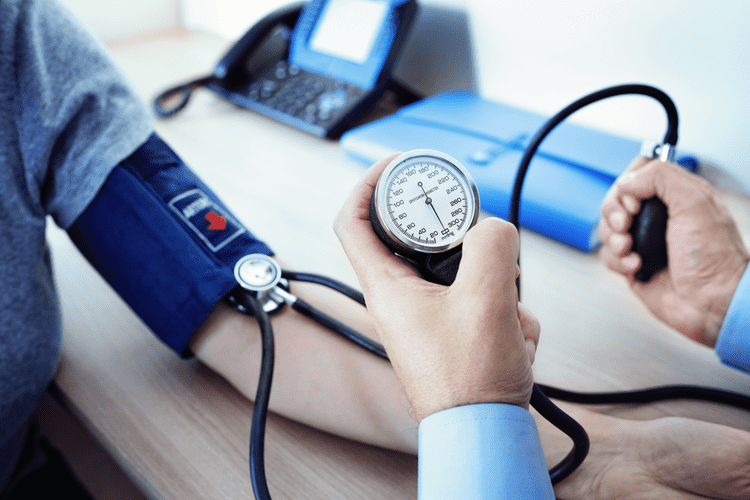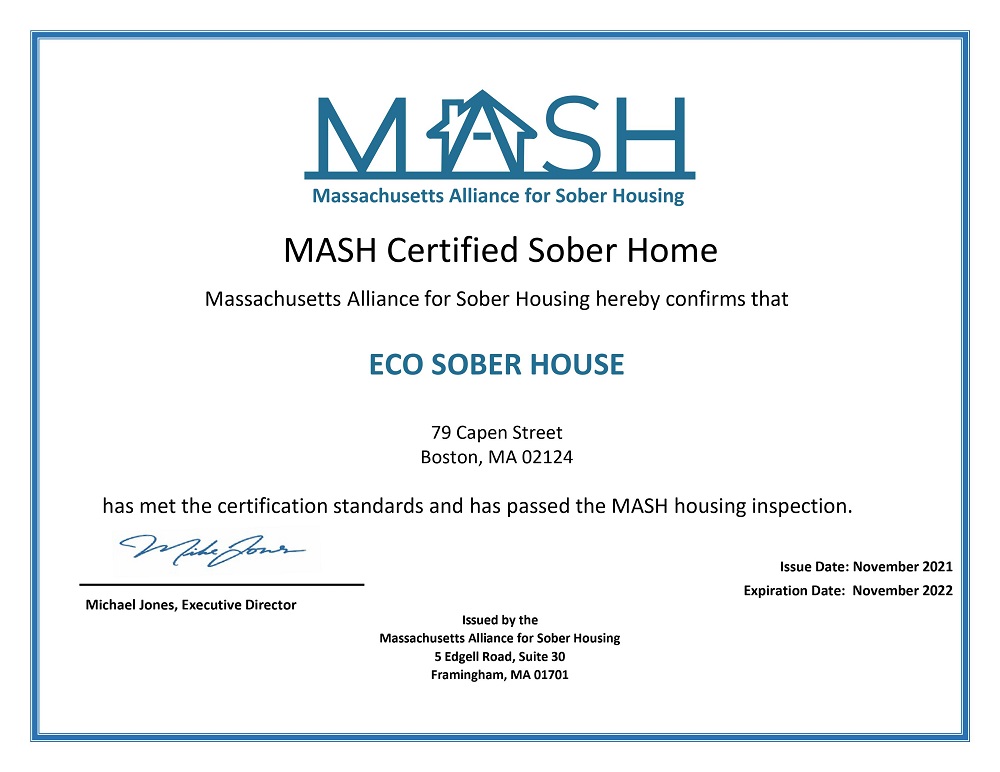Night Sweats From Alcohol Use
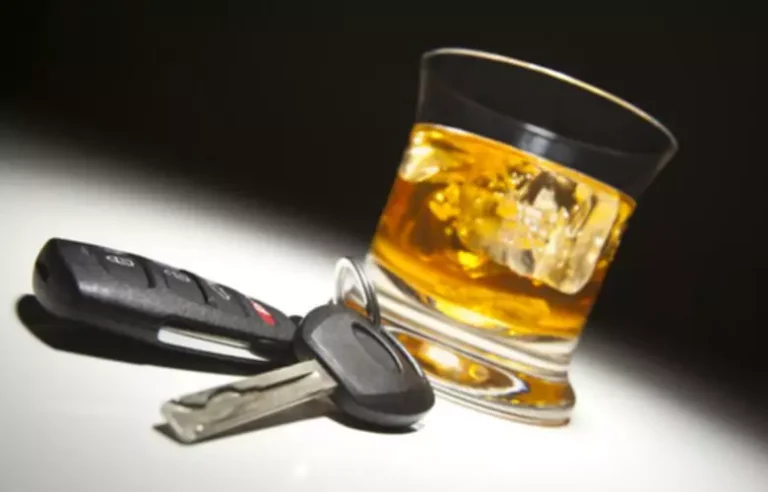
You should also speak to your doctor if you think another underlying health condition may cause your night sweats. They may be able to suggest medications, lifestyle changes, or therapies that can help reduce the symptoms of alcohol withdrawal and substance abuse. Excessive sweating can be an unpleasant side effect of consuming alcohol. Typically this occurs when alcohol accumulates in the body, as the liver can only process around one drink per hour. Alcohol intolerance and alcohol withdrawal can also cause sweating. Drinking alcohol can cause some people to feel hot and may lead to night sweats.
Gustatory Sweating—Food Sweats Caused by Medical Conditions
Alcohol withdrawal can be deadly and the symptoms should not be ignored. You should seek medical attention immediately if night sweats are occurring after abstaining from alcohol and in the presence of any of the other alcohol withdrawal symptoms. https://ecosoberhouse.com/article/top-10-substance-abuse-group-activities/ If you experience night sweats that are not due to alcohol consumption, it is essential to seek medical attention. Your doctor can diagnose the underlying cause and provide treatment for any health conditions causing the symptoms.

When to seek help
(9) Nicotine can also increase anxiety, which is a known cause of sweating. Some people find that they can deal with the symptoms with no need for medical intervention. In Frey’s syndrome, sweating typically occurs in the cheeks, forehead, and around the ears. Generally, a doctor treating Frey’s syndrome focuses on the symptoms. However, there are limited options for correcting the damaged nerves. Alcohol impairs your attention, decision-making processes and muscle coordination.
- Some individuals could improve their symptoms by limiting the amount of alcohol they consume.
- Try to take it easy for the day and make sure to drink plenty of fluids and eat something.
- When you cease drinking alcohol, the body can react with a range of symptoms known as alcohol withdrawal, including Delirium Tremens – the most severe form.
- (9) Nicotine can also increase anxiety, which is a known cause of sweating.
Alcohol Night Sweats: When to be Concerned
- You should seek medical attention immediately if night sweats are occurring after abstaining from alcohol and in the presence of any of the other alcohol withdrawal symptoms.
- This, in turn, increases your core temperature—resulting in sweat.
- The high levels of stress as your body begins to readjust to life without this toxin can spark night sweats, headaches, fatigue, and difficulty sleeping, to name a few.
- A hangover is when you have unpleasant physical and mental symptoms after drinking too much alcohol the previous night.
- Those who believe they have AUD or alcohol intolerance may wish to speak with their doctor.
As for drinking more generally, having the occasional social drink is usually nothing to be concerned about. However, if you find yourself drinking often enough that sweating from alcohol is a common issue, it may be worth cutting back on how much you consume. Occasionally, alcohol-induced night sweats can be due to alcohol intolerance. When your body has this mutation, it can’t produce the enzymes that break down the toxins in alcohol. Those who believe they have AUD or alcohol intolerance may wish to speak with their doctor.
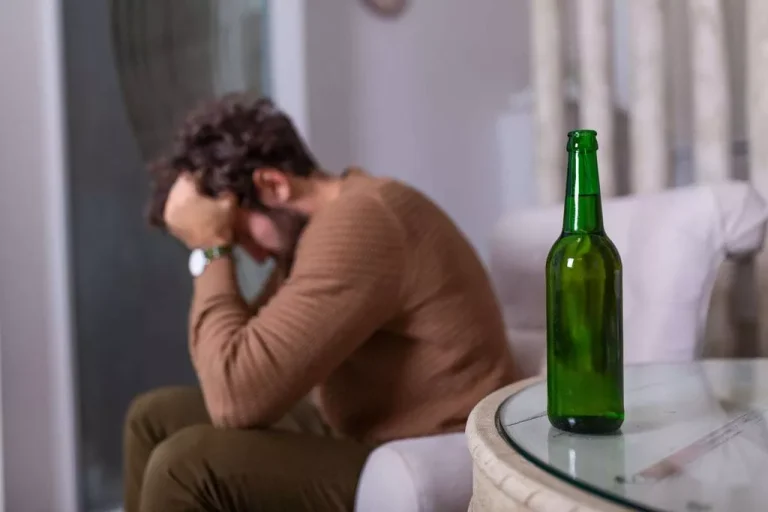
- Alcohol addiction is the compulsive need to drink, regardless of the consequences.
- The specifics of these mechanisms are still partially unknown, and require further research.
- But there’s no easy way to know how much you can safely drink and still avoid a hangover.
- Taking one glass of alcohol after another may cool you down mentally, but physically, you may feel the heat, quite literally!
- A common cause of sweating after drinking is due to alcohol withdrawal.
- More alcohol just increases the toxicity of the alcohol already in your body.
- Other factors, such as menopause or medication use, commonly cause hot flashes and night sweats.
There are many risks of long-term alcohol use, including cancer and liver damage. For this reason, experts recommend seeking help if a person experiences persistent night sweats related to alcohol consumption. Night sweats may also result from alcohol withdrawal or alcohol intolerance. For people who already experience night sweats, including those going through menopause, consuming alcohol can worsen the sweating. It is okay to enjoy a drink or two every once in a while without any negative effects.

When to see a doctor
“It really is a waiting game,” says Dr. Blyden-Taylor, adding that unfortunately, you can’t sweat out the alcohol to speed up the process. According to experts, the reason for the smell after drinking why do i feel hot after drinking alcohol all comes down to biology. If this is the case, alcohol detox and addiction treatment will be very helpful. If you are experiencing alcohol poisoning, you will need emergency medical help.
How to Prevent and Manage Night Sweats


